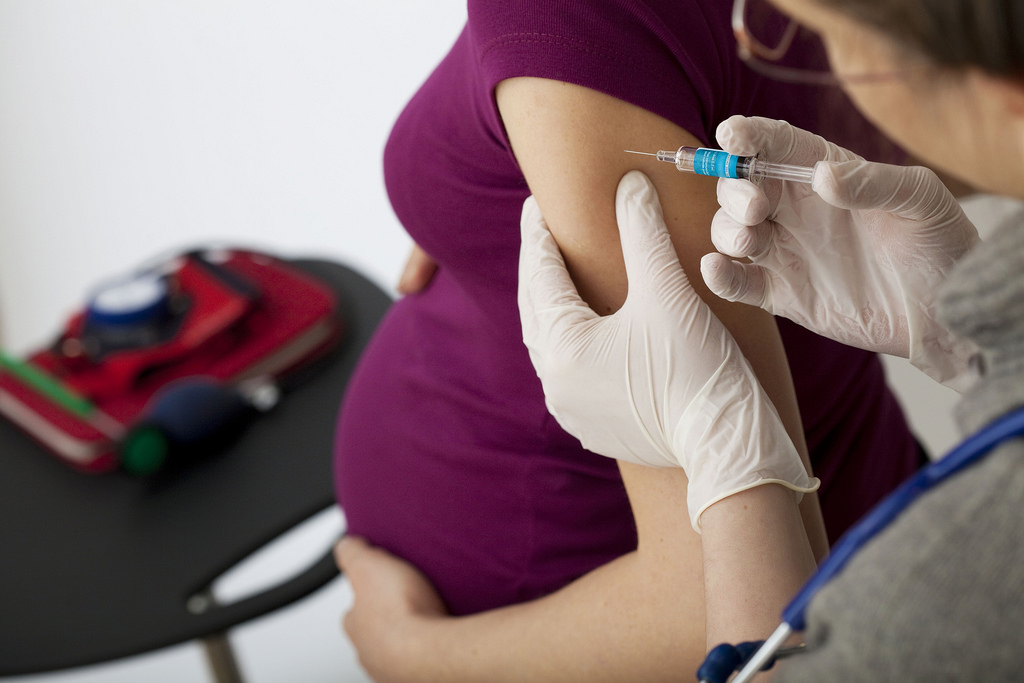
Immunization seems to be a standard health practice among expectant mothers. Vaccination is also a critical part of keeping children safe from common diseases... or so we were made to believe.

The hidden dangers of immunization have been well-documented. This report outlines the dangers of vaccination among pregnant women and children. This report also explores the many factors you need to consider if you decide to receive vaccines or immunize your children, including safety tips.
The Food and Drug Administration (FDA) warns pregnant women and young children not to eat fish containing high levels of methylmercury. Yet the Centers for Disease Control and Prevention (CDC) recommends pregnant women and infants get influenza vaccines, many of which contain ethylmercury from the preservative thimerosal. Receiving them may result in mercury exposures exceeding the Environmental Protection Agency (EPA) recommended maximum levels.
World Mercury Project is deeply concerned that the risks of getting mercury-containing seasonal influenza vaccines may outweigh the benefits for pregnant women, infants and children. Mercury is known to be highly toxic to brain tissue and can impact critical stages of brain development.
A 2017 CDC study links miscarriage to flu vaccines, particularly in the first trimester. Pregnant women vaccinated in the 2010/2011 and 2011/2012 flu seasons had two times greater odds of having a miscarriage within 28 days of receiving the vaccine. In women who had received the H1N1 vaccine in the previous flu season, the odds of having a miscarriage within 28 days were 7.7 times greater than in women who did not receive a flu shot during their pregnancy.
A study published in 2016 that looked at the safety of flu vaccines found a moderately elevated risk for major birth defects in infants born to women who had received a flu vaccine during the first trimester of pregnancy. A study published in 2017 found an elevated risk of autism spectrum disorders in children whose mothers had a first trimester flu shot
Image courtesy of: poppymaher
Photo By mommymundoxyz







It takes minimum of 18 months to 2 years to test any vaccine safely. The drug has to be tested on many woman who are pregnant or then get pregnant. The baby then must go full term. Checked after 3 months for problems. This was not done for Thalidomide causing deformities in children. There are also many other long term genetic tests which must also be carried out. See: https://en.wikipedia.org/wiki/Thalidomide